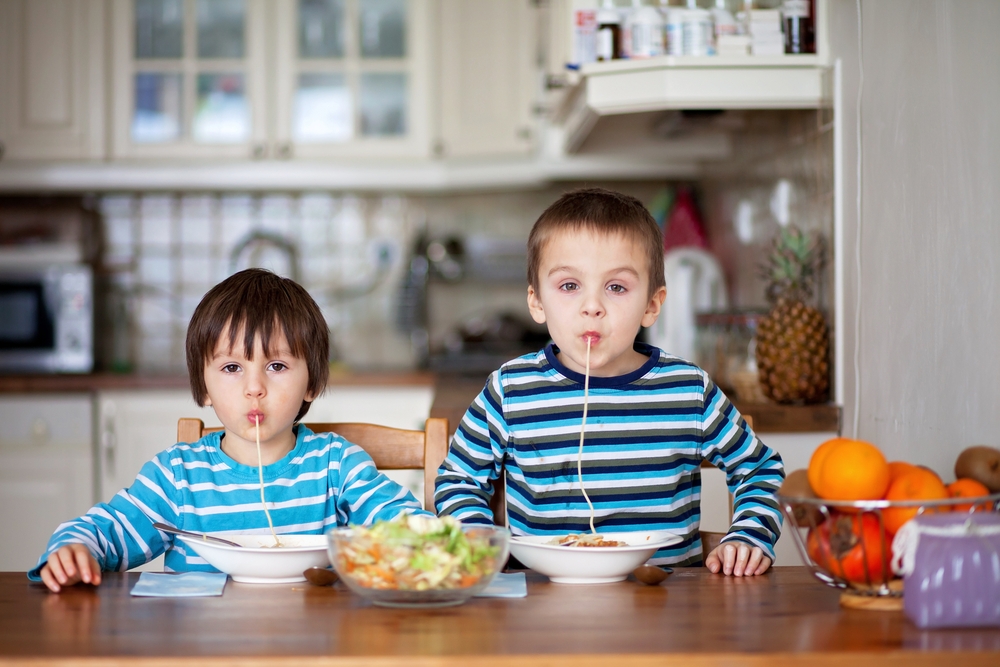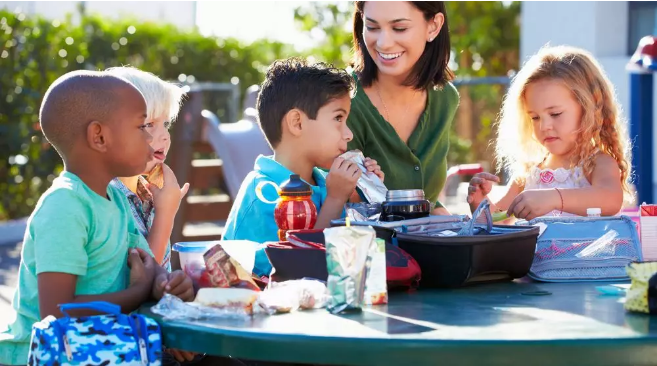
Many parents will be cautious about giving their children snacks.
Eating snacks is unhealthy, and eating snacks will lead to children not eating well… These are all problems that easily cause parents to worry. Once children taste the [benefits] of snacks, it is difficult to stop.
However, children’s physical attention should be paid to, and psychological health is also very important. Childhood without snacks will inevitably make children lose some happy time.
In the long run, parents will have such a question in their hearts: Should they give their children snacks?
Can children eat snacks?
Yes.
For children who are in a critical period of growth and development, although they do not eat much at this stage, they consume fast. In this case, it is very important to reasonably supplement snacks between meals.
Generally speaking, you should try your best to eat dinner (supplementary food) and breast milk (formula milk powder) before you are two years old. After you are two years old, you can add a small amount of snacks on the basis of eating a good dinner.
How should snacks be eaten?
Eat snacks at the right time
(1) Snacks should not be eaten too close to the main meal time, preferably at intervals of 1.5 ~ 2 hours, so as not to affect children’s eating main meal.
(2) It is not suitable to eat snacks before going to bed, mainly in order not to affect children’s sleep at night, and to avoid children’s dental caries.
For example, the interval between two meals, the way home from school, the time period of going out to play, etc., are more suitable for children to eat snacks.
Control the amount of snacks children eat.
The total energy provided by snacks should not exceed 10% of the daily total energy intake. It is recommended to choose foods that are not often eaten during meals as snacks for children.
Choose the right snack
Priority should be given to foods with high nutritional value, such as fresh fruits and dairy products. Snacks containing high sugar, salt and saturated fat (such as cakes, chocolate, biscuits, potato chips, pies, etc.) should not be given to children as far as possible, and beverages containing alcohol and caffeine should not be given to children.
Note: Juice cannot replace fruit; Milk-containing beverages are not equivalent to liquid milk; For children with lactose intolerance symptoms such as abdominal pain, diarrhea and bowel sounds after drinking milk, suitable yogurt or low lactose dairy products may be considered.

Small Skills in Practical Operation
Establish rules
For snacks with high energy and low nutrition density, such as candy and chocolate, rules can be properly established for children:
Supply according to frequency, such as [only once a week]; It can also be rationed, such as [only eat so much a day].
Make an example
As parents, they should also set an example and set an example. Try not to eat snacks in front of their children, especially unhealthy snacks in front of their children.
Don’t reward snacks
Don’t give snacks as rewards to children. For example, when children cry, they use snacks to coax them. This way is easy to form children’s bad habits.

